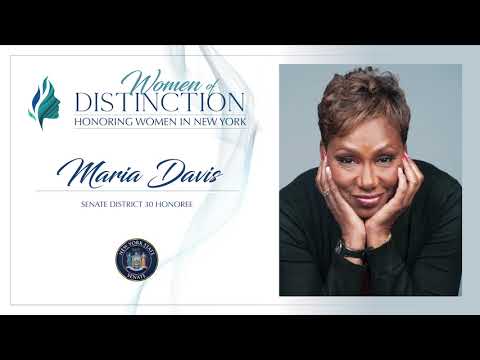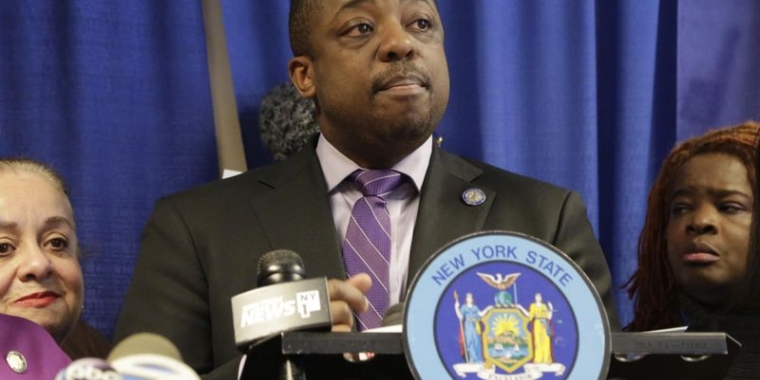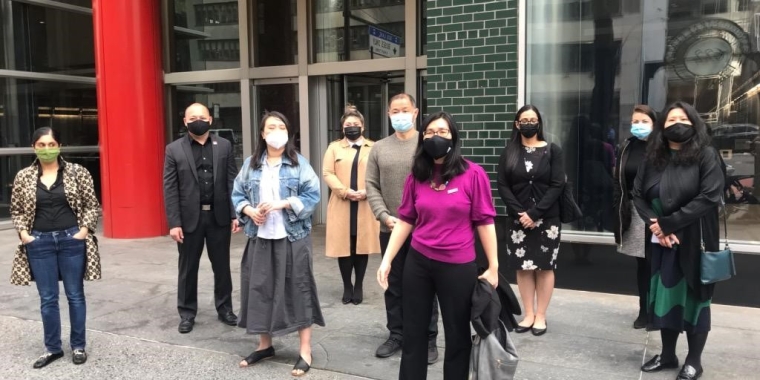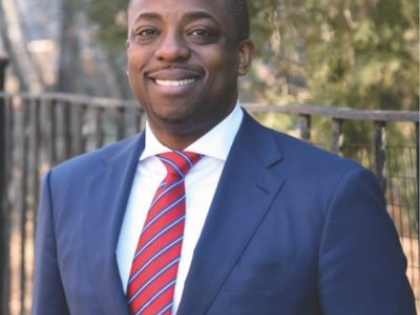
Union leaders, activists applaud push to eliminate commercial bail bonds in NY

The United States and the Philippines are the only places that allow commercial bail bonds in criminal cases. Although some states have banned the practice, New York hasn’t. Two state legislators want to change that.
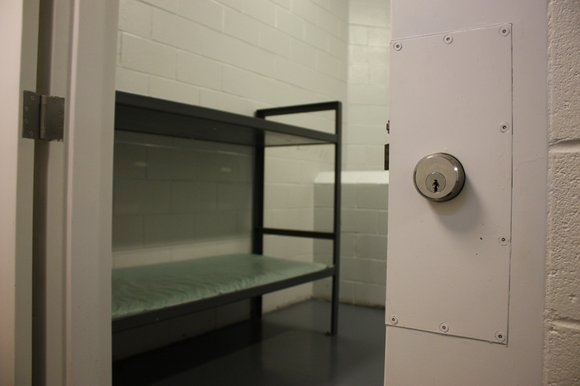
Sponsored by New York State Sen. Brian Benjamin and New York State Assembly Member Michael Blake, the bill (S8146) would abolish commercial bail and end its role in the state’s bail process.
According to the bill, the only authorized forms of bail include an insurance company bail bond, a secured surety bond, a secured appearance bond, a partially secured surety bond and a partially secured appearance bond.
The late Kalief Browder, who was falsely accused of stealing a backpack, spent three years on Rikers Island because his mother, Venida, couldn’t afford the $10,000 needed to bail him out.
Hector Figueroa, president of 32BJ SEIU, said this bill was a long time coming.
“Eliminating the for-profit bail bond system, which exploits low-income people at their most vulnerable moments, is essential to reducing racial and wealth-based disparities in our criminal justice system,” said Figueroa in a statement. “This is an important step in the right direction toward comprehensive bail reform, which we believe should ultimately get rid of the unjust cash bail system altogether.”
In January, New York City Comptroller Scott Stringer released a report calling for a ban on commercial bail bonds as part of a larger overhaul of the bail system in New York. According to his report, use of commercial bail in New York City grew by double digits the past two years, despite a decrease in crime and arrests.
Stringer’s report also estimates that in the past year alone, the private bail bond industry took in between $16 million and $27 million in nonrefundable fees from New York City defendants and their families. The report also estimates that detained defendants who weren’t able to pay bail lost $28 million in wages annually.
Monday morning, Stringer held a roundtable with New Yorkers affected by the commercial bail bond industry at Exodus Transitional Community in Harlem.
Another union leader praised Blake and Benjamin’s bill.
“When we talk about criminal justice reform, we must address the commercial bail bond industry and its unjust and discriminatory practices,” said Retail, Wholesale and Department Store Union President Stuart Appelbaum in a statement. “Too many low-income, Brown and Black New Yorkers fall prey to bail bond companies whose only care is to make a profit. Eliminating commercial bail bonds in NYC is an important step to making our criminal justice system fairer.”
According to Stringer’s report, used by Blake and Benjamin to create the bill, commercial bail bonds affect low-income New Yorkers and communities of color the most. Eighty percent of people who are put in jail because they can’t afford to post bail are Black or Hispanic. Forty percent of them are under the age of 30.
“The commercial bail industry relies on poverty for its vitality,” said Bianca Tylek, director of the Corrections Accountability Project at the Urban Justice Center, in a statement. “Beyond the abusive practices and illegally assessed fees is an irreparably immoral business model that draws on the limited resources of economically distressed communities in selling freedom. We cannot continue to allow bail bonds companies to prey on our most marginalized and under-resourced communities.”
